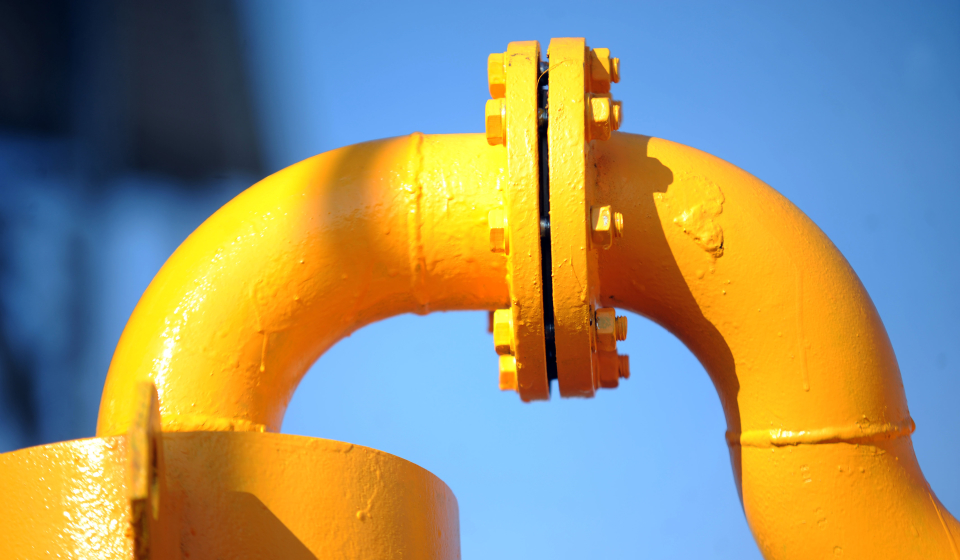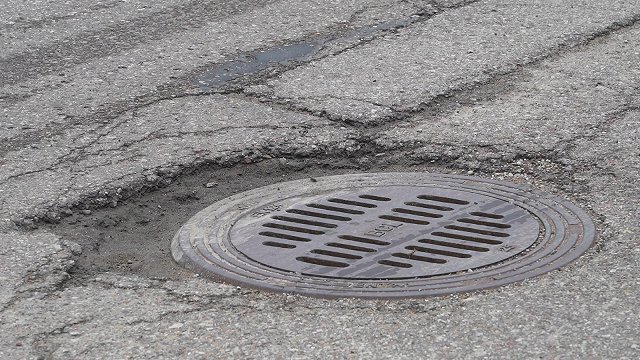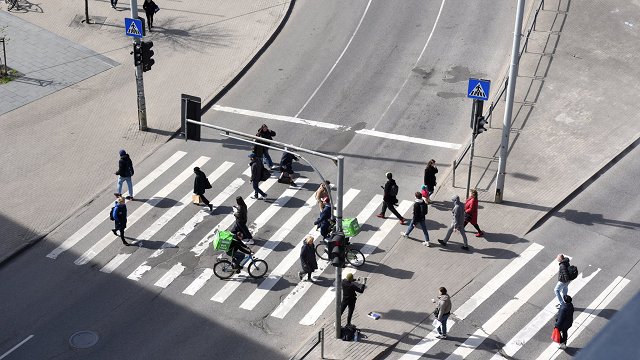Currently many water and sewer companies are on the shoulders of long-standing and experienced employees. New ones are difficult to find, and there are fears that it will be even more difficult in the future. Part of the problem is the disordered water management of municipalities where too many companies provide these services. In addition, in Latvia there are few opportunities to acquire any of the qualifications needed in water management at the average professional level, but at the highest specialist level the number of students is critically low.
“We need one person now, we put in an advertisement, but no one comes. You understand – they don't come,” says Andris Kļaviņš, head of the Kuldīga water management company. “Everyone goes on vacation, should find one person in the summer. And we need a person with working hands, good health and a good heart. These are the three things needed in water management.”
There is a shortage of qualified workers in water management, which means that there is a loss of quality in the service, and sometimes a single employee does a job for several people. There are municipalities that handle the situation relatively well by optimizing resources or creating one water management service provider that serves the entire county. However, in some places there are many too many companies and it does not feel like the service is being provided qualitatively.
“There's a whole series of occupations out there, starting from plumbers who serve buildings and water pipes. But he's not just a plumber who comes in and replaces a tap. He's a broad-profile plumber, he also sees the situation underground,“ explained the head of “Kuldīgas Water.” “So everything starts from the pipes we've put into the ground, from their quality. Then there are the workers of the specialized machines, all sorts of machines – from waste collection machines to the big hydrodynamic machines that are very expensive and have to be operated expertly. You have to be as educated as that manufacturing engineer – you can barely serve it properly, one part gets broken and again you need great resources to restore it, but usually no one has it.”
Water supply and sewer specialists are trained in Latvia at the highest level, for example, at Riga Technical University (RTU). The number of graduates in these programs is critically low, and this is certainly not enough, especially for the smaller municipalities, said Sandis Dejus, head of the Latvian Association of Water Supplies and Sewers.
However, specialists are not only lacking in small municipalities, but practically throughout Latvia. In some places, the problem is more pressing because there are not one or two water and sewer providers in the county, but much more. For example, each county in Bauska has its own company – there are nine.
“The main thing is to follow up on a regular basis, to carry out regular maintenance and to ensure that it is operated,” said Jānis Feldmanis, representative of Bauska city council. “Their existing technical staff do it. But no younger people are coming. And we don't really feel it right now, but in the next six years, there could be problems that the old people are retiring and there are no young people. It's not the most prestigious position. Everyone looks at the IT field, at the banking field, but a proper master, craftsman, plumber, electrician or builder – these are unfortunately not the most popular professions,” he said.
In smaller municipalities things are even more complicated. For example, in Baltinava, the sewer management relies on people with 'golden hands' with inadequate equipment.
“As already stipulated by law, the binding rules of the Baltinava City Council include a separate chapter on the requirements for sewer maintenance who can provide this service to the population,” said Jānis Bubnovs, executive director of the Council. “No service provider has applied for for a given moment. This is done by individual natural persons who have their barrels. But if they go through this legislation in a scrupulous way, they do not meet the requirements for carrying waste water,” he said.
The average age of employees in the water and sewer sector is over 50 years and is increasing annually. Therefore, at least 400 new specialists should be attracted in the near future in order to provide these services. The Water Management Association has started negotiations with both the Ministry of Environmental Protection and Regional Development (VARAM) and the Ministry of Education and Science (IZM) on the possibilities to develop modular study programs to be implemented in a number of vocational education institutions.






























